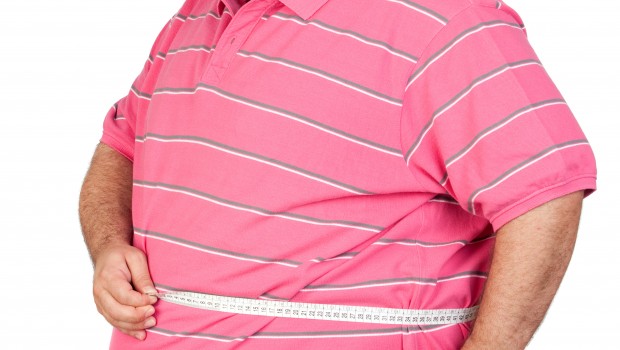Is BMI an Accurate Measure of Obesity
BMI (Body Mass Index) is a physical measure of body fat based on height and weight which applies to adult men and women. It is calculated by dividing your weight in kilograms by your height in metres squared. It was invented by Belgian Adophe Quetelet in the 1800s. According to the National Institute of Health, a healthy weight is a BMI of 18.5-24.9; overweight is 25-29.9; and obese is 30 or higher. A BMI that’s below the healthy range (18.5 to 24.9) can also be a health concern. So is it an accurate measure of obesity?
BMI does not take into account age, gender or race, not does it differentiate between muscle and fat (muscle weighing more than fat) hence can underestimate obesity in some and overestimate in others. For example, an athlete may have a high BMI because of a greater amount of muscle than fat. A disabled or elderly person may have less muscle and bone mass leading to a lower BMI. Pregnant women have a higher BMI as they gain weight in pregnancy but this is not necessarily due to increased fat; BMI overestimates their body fat.
Are you an apple or a pear? BMI does not differentiate between body fat distribution. It has been well documented that fat around the waist, a so called ‘apple’ body shape, is more dangerous than a ‘pear’ where fat is around the hips.
While BMI is a simple, inexpensive method of screening for weight categories, further assessments are required to fully evaluate health risks including measurements of body fat percentage, exercise patterns and family history. Waist circumference can determine abdominal fat. Trained medical professionals can also carry out additional tests such as skin-fold measurements to measure the subcutaneous fat layer just beneath the skin, dual energy X-ray absorptiometry to measure bone density, or bioelectrical impedancewhich measures the opposition to a flow of electric current through the body to determine whether tissue is lean or high in fat.
If you are concerned by your BMI, consult your pharmacist or GP for further advice.






Comments